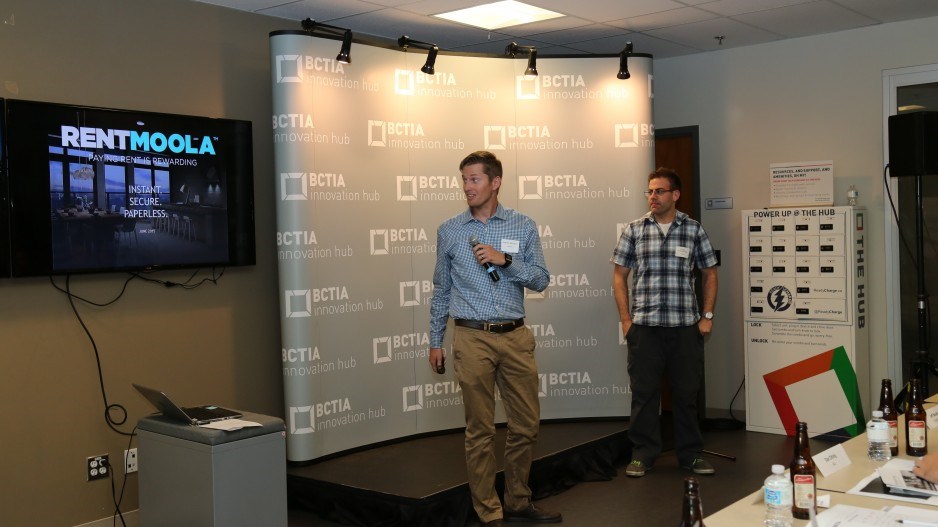Planting himself in front of a computer for hours and developing workforce management software comes easily to Sachin Agrawal.
Coming from an engineering background, the Vancouver-based CEO of EDP Software says he knows he can build great product.
“But understanding and learning how to take that and turn it into a great business … I need mentorship and help to make that happen,” he said.
Agrawal is hoping EDP’s acceptance into B.C.’s first-ever “second-stage” accelerator, HyperGrowth, will be the key to realizing those business skills over the next six months.
Accelerators and incubators connect tech startups to industry experts who guide them during product development or when targeting the right market.
But Clayton Weir, HyperGrowth’s program manager, said startups often hit a growth ceiling after that initial stage.
“We were really kind of differentiating the first stage, which was really around putting out product, and the second stage, which is about selling a whole bunch more of it,” he said.
The long-term goal, according to Weir, is to create the next generation of mid-size or anchor companies in Vancouver by boosting revenue, increasing the rate of closing on deals, and strengthening the margins and the pricing on the deals.
Only two other companies, Vancouver’s RentMoola and Thinkific, were accepted into the program’s first cohort in July.
HyperGrowth has recruited executives from high-growth tech companies – those now considered to be local anchors – like BuildDirect, Global Relay, Recon Instruments and ACL to coach startup teams on inbound lead generation, closing sales, product pricing and public relations.
“We’ve become really good at making startups over the last few years in Vancouver,” Weir said, citing June data from B.C.’s central statistics agency showing the province added 728 high-tech companies in 2013, growing 8.1% to 9,738 businesses compared with a year prior.
“But the rate of the kind of big and established companies is not changing.”
Even B.C.’s touchstone anchor company, Telus (TSX:T), is recognizing the need to further grow local startups.
The telecom giant partnered with Startup Canada this past spring to offer early-stage companies access to mentors and resources. And since 2001, the Telus Ventures program has been investing in high-growth companies developing telecom technology.
Telus’ technology and strategy manager, Allen Devine, is helping the company launch its first “idea incubator” this fall in a 5,000-square-foot facility at the new Telus Garden headquarters in downtown Vancouver.
The business model for the incubator will provide Telus with first right of refusal if the technology turns into a successful service.
Meanwhile, HyperGrowth, which falls under the umbrella of the non-profit BC Technology Industry Association (BCTIA), doesn’t take equity in the companies that go through its program.
Unlike most accelerators, it relies on industry support and BCTIA membership funding.




